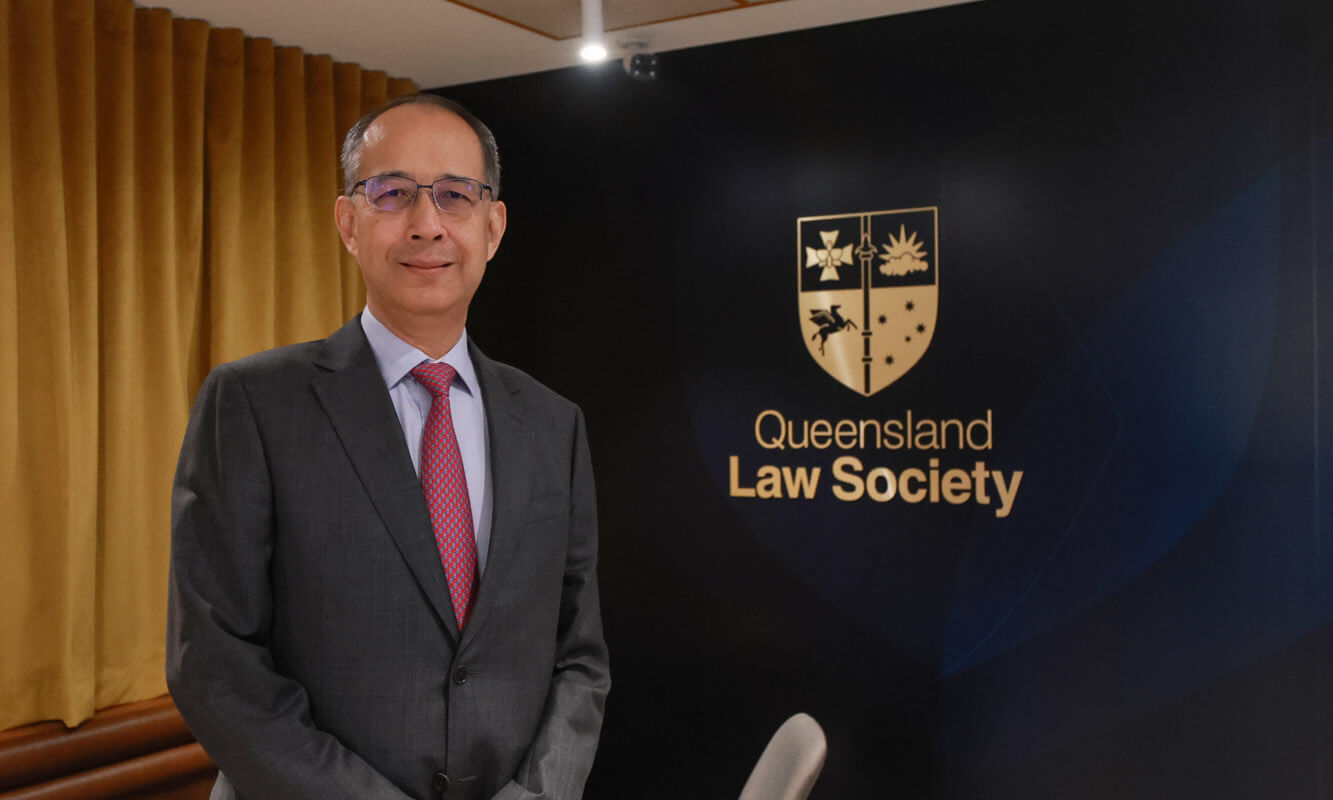A law graduate who set up a business to ‘assist’ clients has been found to have been practising law illegally, despite his overt disclaimers.
Mr Raghoobar was a law graduate of Kent University who had worked as a consultant for several law firms in regional Queensland. After this employment situation ended, he established a business to assist “friends and acquaintances” and to provide himself with an income stream.
Mr Raghoobar did not hold himself out as a lawyer and warned his clients that he could not provide legal advice, merely provide assistance with their matter and in understanding the process.
An investigation by the Legal Services Commission, which including executing a search warrant at Mr Raghoobar’s business premises, revealed the detail of his activities. This included:
- assisting clients to understand the court processes and what was needed to be done
- assisting with the creation of applications and affidavits
- drafting other documents for use in court
- advising parties to litigation in respect of matters of law and procedure
- assisting them in the preparation of their cases for litigation
- drafting correspondence to be sent by the parties to their opponents in the litigation, and
- charging clients for the work that was done.
The court found that this constituted engaging in legal practice. Significantly, the court found his disclaimers and denials were of no effect, noting (at [24]):
“The fact that Mr Raghoobar expressly told his clients that he is not a legal practitioner has no effect on whether his conduct amounted to engaging in legal practice. I agree with this summation by Professor Dal Pont who explains:
‘… what is clear is that the relevant inquiry is not informed by subjective considerations. Whether or not the person who has (allegedly) breached the unauthorised practice proscription actually intended to do so, or appreciated that this would be the outcome, is irrelevant. The inquiry is an objective one. It follows that the mere fact that a person who acts on behalf of another in a legal matter describes himself or herself by some not expressly legal title is no defence to a charge of unauthorised legal practice if he or she performs work that is in breach of the law.’ ”
Ultimately, the court made the following orders (at [31]):
“Pursuant to section 703(2) of the Legal Profession Act 2007 (Qld), the respondent is restrained from engaging in legal practice in the State of Queensland when not an Australian legal practitioner.”
In particular, Mr Raghoobar is restrained from:
(a) providing legal advice in relation to proceedings or potential proceedings, whether in person or in writing
(b) corresponding or communicating on behalf of parties to proceedings or potential parties to proceedings, or drafting correspondence or communications for parties or potential parties to proceedings to send themselves in relation to such proceedings
(c) drawing documents on behalf of, or as agent of, parties to proceedings or potential parties to proceedings
(d) drafting submissions, whether oral or written, for parties or potential parties to proceedings to present in court
(e) conferring with parties to proceedings in relation to those proceedings, and
(f) attending at, or appearing in, court on behalf of parties to proceedings, including negotiating.
Any practitioners with matters involving Mr Raghoobar should take note of this restraint, and if necessary contact the Queensland Law Society Ethics and Practice Centre, ethics@qls.com.au, for guidance.
Shane Budden is a Special Counsel, Ethics, with the Queensland Law Society Ethics and Practice Centre.














Share this article